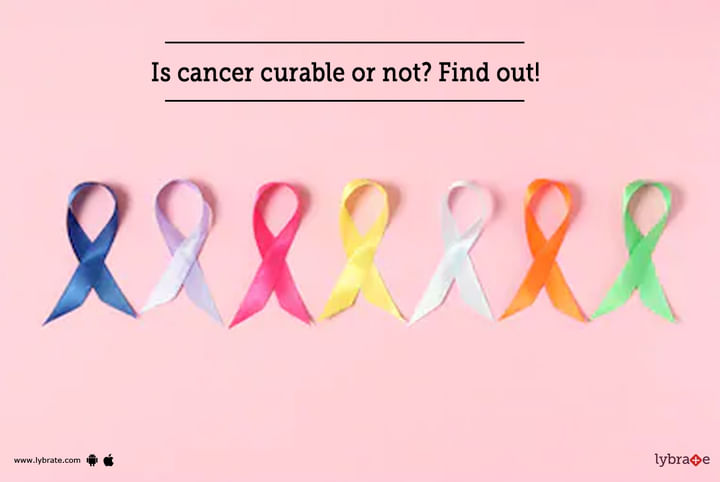Is cancer curable or not? Find out!
Cancer is reportedly the main cause of death across the world. For several decades, scientists have led methodical studies that focuses on how to put an end to this grave disease at its onset. But are we even close to finding treatments that are more effective? Most importantly, is there a cure for cancer? Let’s find out.
Currently, the most commonly used treatment approaches for cancer include radiotherapy, chemotherapy, surgery, and hormonal therapy in the case of breast cancer and prostate cancer.
Nevertheless, other treatment methods are starting to gain recognition – certain types of therapy combined with traditional methods or on their own helps to fight off cancer with more efficacy and ideally, fewer negative effects.
Innovations in the treatment of cancer focus on addressing some issues typically facing patients and healthcare providers, including hostile treatment followed by undesirable side effects, recurrence after surgery or treatment , and belligerent cancers that are irrepressible.
Here are some of the new-age treatment approaches and what role they could possibly play in the future of cancer treatment –
Immunotherapy
Immunotherapy has grabbed considerable attention in recent years. The therapy aims to strengthen the body’s own existing arsenal against harmful cells and foreign bodies – the immune system’s reaction to the progression of malignant tumours. However, some cancer cells are so menacing because they often trick the immune system – either into helping them or avoiding them altogether. Therefore, certain forms of aggressive cancer tend to metastasize easily and tend to be resilient to radiotherapy or chemotherapy.
Nevertheless, owing to in vivo and in vitro experiments, scientists are studying ways to shut down the protective system of the cancer cells. A recent study found that the white blood cells or macrophages that are responsible for eating up harmful foreign particles and cellular debris failed to destroy belligerent cancer cells. This happened because the macrophages while interacting with the cancer cells, read two signals that are meant to repulse their cleansing action. However, this knowledge showed researchers the path ahead – they permitted the macrophages to perform their job by obstructing the two signalling pathways.
Therapeutic Viruses
Therapeutic viruses could be an effective weapon to combat cancer. A team of researchers managed to utilize a ‘reovirus’ to strike the brain cancer cells while the leaving healthy ones alone. This is the very first time that therapeutic virus has been able to get through the blood-brain barrier – this opens up the possibility that immunotherapy of this kind could be used as a treatment in people with advanced brain cancer.
Dendritic vaccines is yet another place for improvement in the field of immunotherapy. Here, the dendritic cells are accumulated from the body, equipped with tumour-specific antigens, that will prepare them to seek and kill the cancer cells – and inserted back into your body to enhance immunity.
Whether there will be a cure for all types of cancer or not, is still debatable – but cancer research is running in full swing, and with the latest technological advances, results have been promising so far.


+1.svg)
